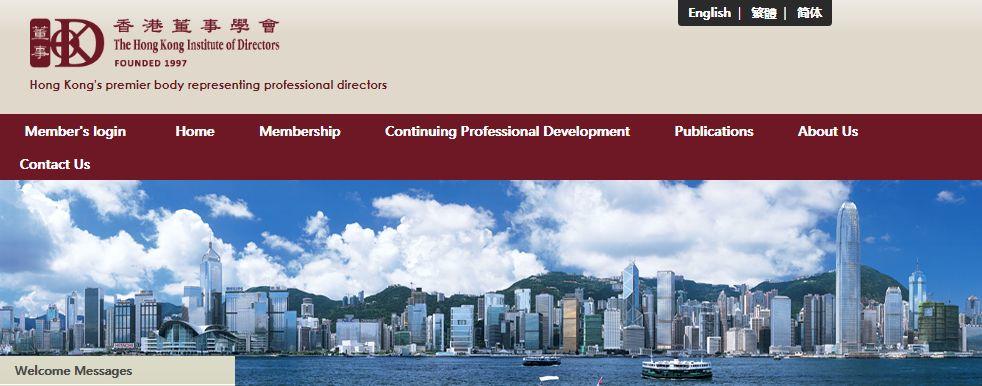
2月4日,香港证监会与港交所发布一份题为《有关在严重新型传染性病原体呼吸系统病的旅游限制下如何刊发业绩公告》的联合声明。
我们给董事一些以下的建议和意见:
链接:https://www.hkiod.com/7Feb2020_final.pdf
Results available but for the lack of agreement with the auditor
The Joint Statement by its wording would require issuers to publish preliminary results by the deadline date if such results are available but for the lack of agreement with the auditor.
To publish without agreement with the auditor would mean publishing information when the auditing team has not completed its work. The issuer’s board may have missed or misunderstood the latest changes in accounting standards. The auditor may have a valid challenge to the treatment of certain assets or liabilities. The lack of agreement with auditor could be significant. Directors have reasons to be worried.
Based on our understanding, if the issuer’s board has been diligent and reasonable in their treatment of the accounts and the interpretation of applicable standards, that the auditor may later disagree would not subsequently attract regulator actions unless there is evident fraud or other serious wrongdoing.
Other cases
In all other cases, the Joint Statement would require issuers to consult with the Exchange on what information is available, and to describe uncertainties and state how they may affect the numbers so the SFC and the Exchange can assess whether the information available is “accurate and complete in all material respects” and, if so published, would facilitate an informed investment decision.
The nature and scope of the uncertainties that may be present could well be material and will involve much value judgment. The audit process is a means to provide assurance on the validity and credibility of the information eventually published. Without audit, an issuer’s board may steer conservative and, out of liability reasons, become inclined to put out many disclaiming and qualifying statements as to reduce the utility of the information published.
Based on our understanding, the regulators indeed do not want a flood of cautionary statements as to make disclosure not useful. The regulators are more interested in knowing whether the board has put in a good faith effort to understand the issuer’s financial information available, the key audit matters that would more likely involve judgment (and, in normal times, actual discussions with auditor), how the board has come down to the position taken as to these key audit matters and then succinctly inform investors the rationale. Based on our understanding, a good faith effort to have gone through this deliberation process would not subsequently attract regulator actions unless there is evident fraud or other serious wrongdoing.
Ultimate responsibility rests with the whole board
Advice to boards
HKIoD has some advice to board members.
Contact the regulators in case of real difficulty
版权声明:所有瑞恩资本Ryanben Capital的原创文章,转载须联系授权,并在文首/文末注明来源、作者、微信ID,否则瑞恩资本Ryanben Capital将向其追究法律责任。部分文章推送时未能与原作者或公众号平台取得联系。若涉及版权问题,敬请原作者联系我们。
更多香港 IPO上市资讯可供搜索、查阅,敬请浏览:www.ryanbencapital.com
港交所、香港证监会就疫情影响上市公司的业绩披露发布联合声明,业界认为帮助不大
疫情影响审计工作,香港会计师公会与港交所会面,冀寻求延迟上市公司业绩披露时间


